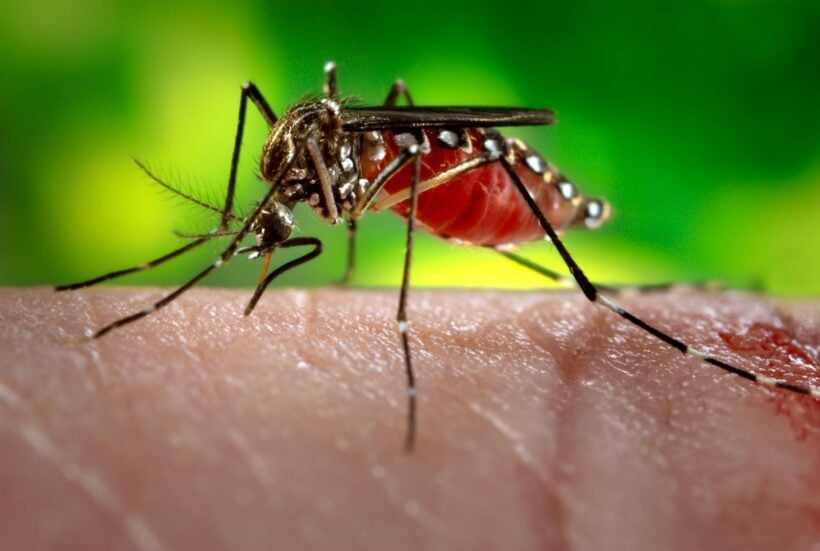Could ‘Wolbachia’ mosquitoes be the best fight against Dengue

In a big breakthrough in the battle against dengue fever, an Australian research team says an entire city has been protected from viral disease dengue for four years.
The BBC is reporting that captive-bred mosquitoes with a naturally occurring bacteria were released in the city of Townsville, northern coastal Queensland, where they mated with local mosquitoes.
Dengue fever is a mosquito-borne tropical disease caused by the dengue virus. Symptoms typically begin three to fourteen days after infection. This may include a high fever, headache, vomiting, muscle and joint pains, and a characteristic skin rash.
By introducing the bacteria ‘Wolbachia’, which scientists say hinders dengue transmission, Townsville has been dengue-free since 2014.
Researchers from Melbourne’s Monash University also believe their work could stop the mosquito-borne diseases Zika and malaria.
Each year between 50 and 528 million people are infected with Dengue Fever and approximately 10,000 to 20,000 die.
“Nothing we’ve got is slowing these diseases down – they are getting worse,” said Scott O’Neill, director of the World Mosquito Program, quoted by the Guardian.
“I think we’ve got something here that’s going to have a significant impact and I think this study is the first indication that it’s looking very promising.”
The BBC reported that over four monsoon seasons, researchers released the Wolbachia-carrying mosquitoes across 66 square kilometres in the Queensland tropical town of 187,000 people.
The community embraced the project. Even school children got involved in releasing special mosquitoes that passed on their bacteria to the local population of mosquitoes.

A Singapore trial was conducted in 2016
“At a cost of around A$15 (£8.50) per person, the Townsville trial demonstrates the approach can be rolled out quickly, efficiently and cost effectively to help provide communities ongoing protection from mosquito-borne diseases,” Professor O’Neill said.
The program is currently working in 11 countries and aims to deploy the Wolbachia mosquitoes in larger and poorer parts around the world with a target of reducing the cost to just US$1 (33 baht) per person.
Yogyakarta in Indonesia – a city of nearly 390,000 – is the next location for a full trial.
SOURCES: BBC, The Guardian, Wikipedia
Latest Thailand News
Follow The Thaiger on Google News:


























